Safari Retreats Pvt. Ltd. v. Chief Commissioner, GST (2023)
- Author: Gulzar Hashmi
- CATEGORY: GST Constitutional Law
- PRIMARY_KEYWORDS: Section 17(5)(d) ITC; plant test; leased malls; GST neutrality
- SECONDARY_KEYWORDS: Articles 14 & 19(1)(g); CGST Act; Orissa High Court remand; input tax credit
- PUBLISH_DATE: 02 Nov 2025
- Slug:
safari-retreats-pvt-ltd-v-chief-commissioner-gst

Quick Summary
A company built a shopping mall and leased the units. It paid GST on inputs during construction and later paid GST on rent. Can it claim ITC on the construction cost despite Section 17(5)(d)?
The Supreme Court upheld the ITC block in law but sent the matter back to check a key point: does the mall function like a “plant” for leasing (the functionality test)? If yes, the bar may not apply.
Issues
- Can a leased mall be treated as “plant” so that ITC is available despite Section 17(5)(d)?
- Does denying ITC on leased commercial property defeat GST neutrality and encourage cascading?
- Do Sections 17(5)(c)/(d) violate Articles 14 and 19(1)(g)?
Rules
Section 17(5)(d) CGST: Blocks ITC on construction costs of immovable property, even when used to supply services like renting.
Legislative intent: Prevent misuse where property is for self-use and not a further taxable supply.
Functionality (Plant) Test: If the property itself performs an integral role in making taxable supplies, it may be treated as plant and escape the block.
Facts (Timeline)

Arguments
Appellant (Government)
- Strict bar in Section 17(5)(d); prevents misuse of ITC on buildings.
- Policy choice within legislative discretion.
- No violation of equality or business freedom.
Respondent (Assessee)
- Leasing is a taxable supply; denying ITC causes cascading.
- Mall is integral to supply—passes the functionality/plant test.
- Bar is arbitrary, hits Articles 14 and 19(1)(g).
Judgment

Held: Sections 17(5)(c) and 17(5)(d) are constitutionally valid. ITC exclusions are a policy decision to check misuse.
Yet, the Court stressed the functionality test. If the mall is shown to be plant used to make taxable supplies (leasing), the bar may not apply. The matter was remanded to the Orissa High Court to decide this factually.
Ratio Decidendi
ITC blocks in Section 17(5) reflect permissible legislative policy. However, where an immovable property is functionally a plant for making taxable supplies, it may fall outside the bar—subject to evidence.
Why It Matters
- Maps the boundary of ITC denial for buildings under GST.
- Shows how functionality can influence ITC outcomes.
- Guides drafting of leasing structures and compliance.
Key Takeaways
- Section 17(5)(d) stands; ITC block is lawful.
- Plant classification may open ITC—prove integral function to supply.
- Neutrality vs. misuse: the Court balances both through a fact-based inquiry.
Mnemonic + 3-Step Hook
Mnemonic: “BAP: Bar — Assess — Plant”
- Bar: 17(5)(d) blocks ITC on construction.
- Assess: Check how the asset drives the supply.
- Plant: If integral to leasing supply, treat as plant.
IRAC Outline
| I | R | A | C |
|---|---|---|---|
| Is ITC blocked for a leased mall under Section 17(5)(d)? | Section 17(5)(c)/(d); functionality/plant test; constitutional standards (Arts 14 & 19(1)(g)). | Mall built to lease; GST paid on inputs and rent; HC allowed ITC for neutrality; SC validated bar but flagged plant test. | Validity upheld; remand to decide if mall is “plant” so that ITC may be allowed on facts. |
Glossary
- ITC (Input Tax Credit): Credit of GST paid on inputs/services, usable against output GST.
- Section 17(5)(d): Disallows ITC on construction of immovable property.
- Functionality (Plant) Test: Whether the asset itself performs an essential function in making taxable supplies.
- Tax Neutrality: GST aim to avoid tax-on-tax (cascading) in supply chains.
FAQs
Share
Tags
Archive
Popular & Recent Post






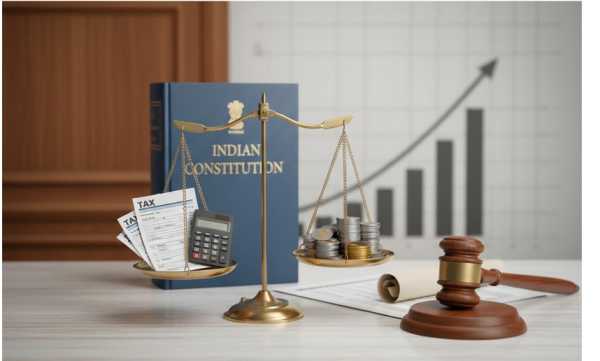
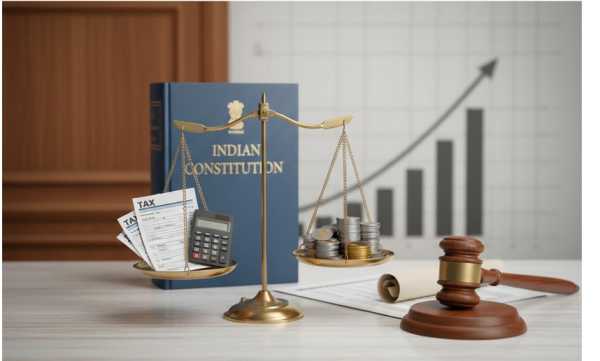
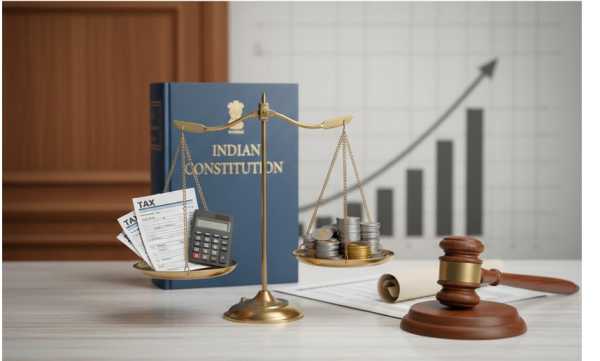
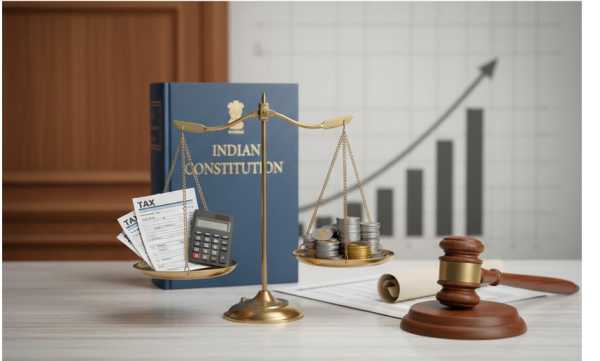
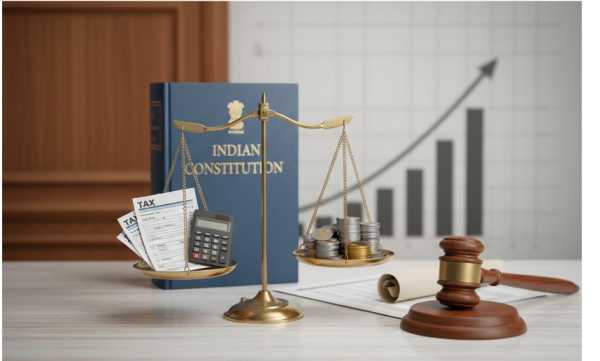
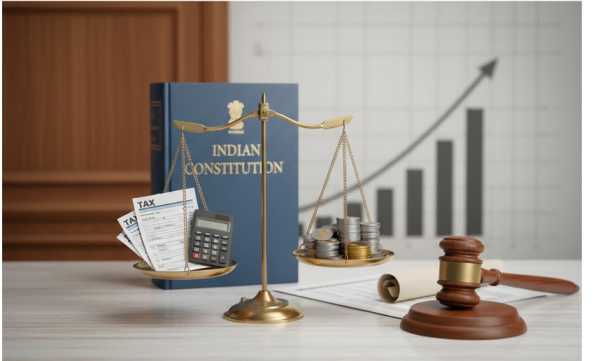
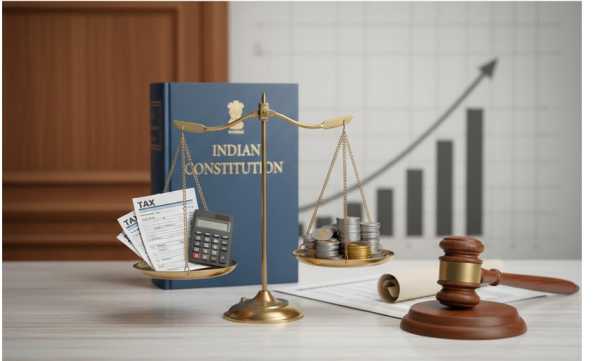

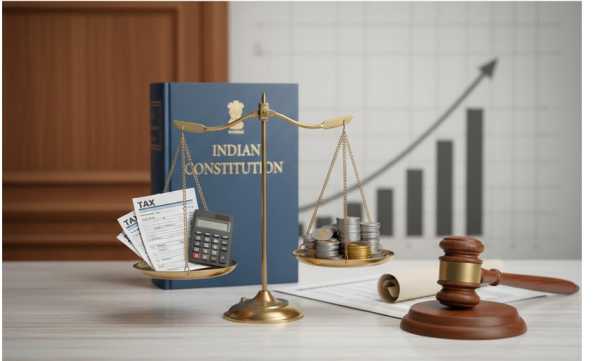
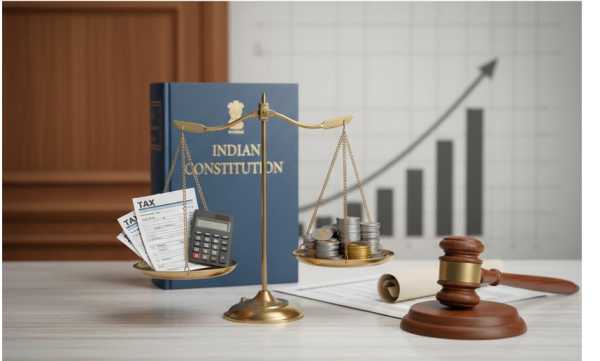
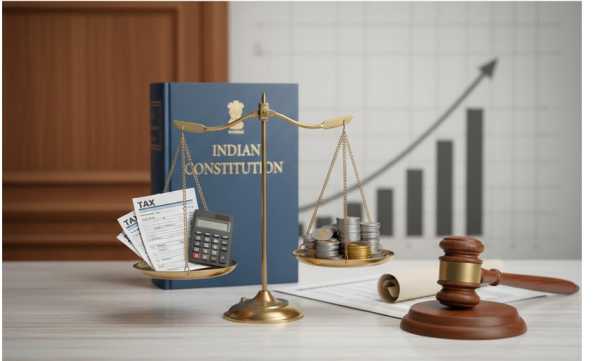
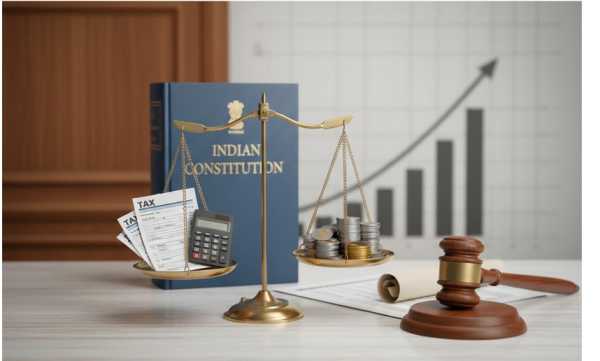


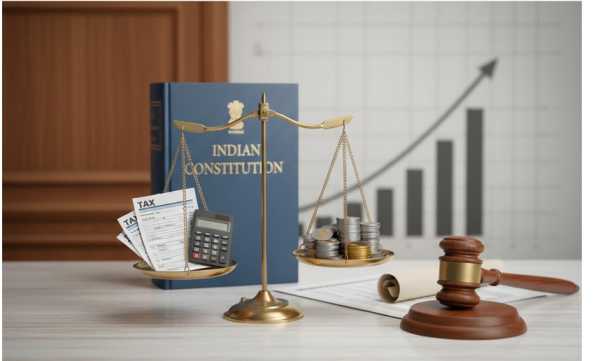


























































































































Comment
Nothing for now